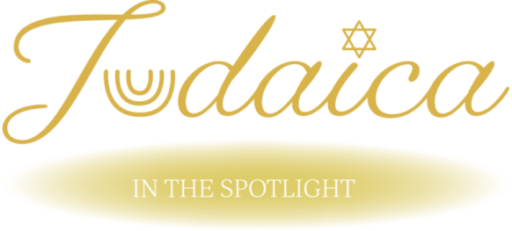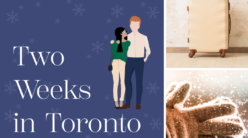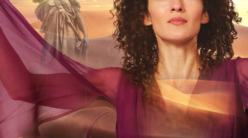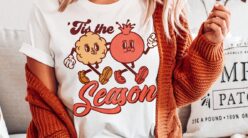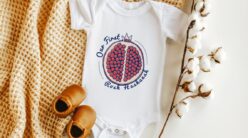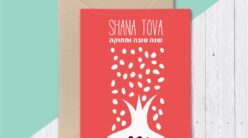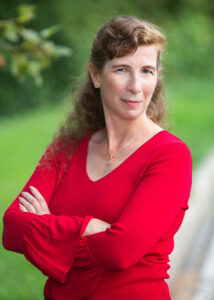
Image: Courtesy of Alina Adams
We are living in a time when it’s become frowned upon to write or act in a voice outside of your own gender, race, ethnicity, religion, nationality, sexual orientation, etc.
Under these circumstances, Leo Tolstoy had no right to speak for “Anna Karenina,” Pearl Buck was doing dirty in “The Good Earth,” and Neil Patrick Harris should return all those Emmy Awards he won for playing Barney in “How I Met Your Mother.” (I also have it on good authority that Charleton Heston was not an Egyptian Jew born into slavery and hidden in bullrushes.)
I am a 53-year-old Jewish woman who was born in Odessa (now Ukraine, then USSR), and immigrated to the United States with my parents in 1977.
I’ve had a very eclectic writing career. I started off with Regency romances. (And even sneaked some Jews into one of them!) Then moved onto Figure Skating Murder Mysteries. (My heroine was a young, Jewish woman who worked as a researcher for a television network; something I actually did for many years.)
Next, I wrote tie-ins for the soap-operas “As the World Turns” and “Guiding Light.” Both featured wholesome, white, Christian, Midwestern characters. I’ve never even been to the Midwest. We immigrated to San Francisco, CA, and now I live in New York City. At best, I’ve flown over the Midwest.
The first book I wrote which brushed up against my own background was “The Nesting Dolls.”
It featured three generations of Soviet-Jewish women (check). Two of whom were born in Odessa, USSR (check), and one of whom splits her time between Manhattan, and Brighton Beach, Brooklyn (check, check), and communicates with her family in a melange of Russian and English, with some Yiddish thrown in (check, check, check).
But, here’s the thing: My life was nothing like any of those women’s. I was not deported to Siberia in the 1930s. I was not a refusenik in the 1970s. And, as my oldest son pointed out about the present-day characters, “Zoe is dating Gideon, an African-American man who grew up in Harlem, went to private school, and then to CalTech. Dad is an African-American man who grew up in Harlem, went to private school, and then to MIT. So, obviously, they are totally different people!”
Ahem.
My November 2022 historical fiction, “My Mother’s Secret: A Novel of the Jewish Autonomous Region” also features a Jewish woman. This one was born in the USSR and eventually ended up immigrating to San Francisco (check). But, in between, she flees from Moscow to Birobidzhan, the 20th century’s first Jewish independent state, located on the border of Russia and China, during the 1920s, 1930s, and 1940s, in order to escape Stalin’s purges.
I was only born in 1969. I read about the purges. I know people who survived the purges. But I certainly have no first-hand knowledge of them.
I’ve been to Moscow four times. Once, in 1976, when my father was finalizing our immigration papers and took me with him to see the capital – and the Moscow Circus! Once in 1988, when my mother and I traveled to Moscow and Odessa as soon as former Soviet citizens were allowed to go back – and, even more importantly, promised they’d be allowed to leave again. Once in 1995, as a figure skating researcher for ABC Sports, shooting their famous up-close-and-personal segments with champion athletes. And, for the final time, in 2019, when my oldest son was doing an internship there, and my husband and two younger children visited him.
In “My Mother’s Secret: A Novel of the Jewish Autonomous Region,” my characters also travel to Moscow in 1988. But their objective is very different. They’re looking for the mother’s secrets. Mine, as far as I know, didn’t have any, when we visited. (Well, I’m sure she had them. We all do. But that wasn’t the focus of the trip.)
I’m being facetious. But I am also being serious. Just how close does the writer/actor need to be to their subject in order to avoid being branded as “inauthentic,” or, worse, “culturally appropriating?”
What does that mean for any historically based work moving forward? Think of something like Alex Haley’s “Roots,” or Amy Tan’s “The Joy Luck Club.” They wrote about what they heard and what they researched, but not what they lived. Will everything need to be autobiographical in the future? Will you have to have lived the precise experience in order to render it in any artistic format?
I sincerely hope that won’t be the case. But, at the same time, I do see the validity of some of the points raised by such discussion. I have read more than one book where it’s obvious the author has never met a Jew, much less a Soviet one, and is getting all of their information from a cross between “Fiddler on the Roof” and “The Nanny.”
On the other hand, I did extensive research to make all of my books, not just the historical fictions, but the figure skating mysteries, and yes, even the wholesome Midwestern soap-opera tie-ins, as authentic as possible.
It was fun. I learned new things. I wouldn’t want to take that pleasure away from other writers, or from other readers.
But I also don’t want to offend.
It’s a tricky tightrope. That I guess we will all need to learn to navigate.
We recently had the pleasure of interviewing Alina Adams, as well as review her book, “My Mother’s Secret: A Novel of the Jewish Autonomous Region”, for our magazine.
Link to interview.
Link to book review.
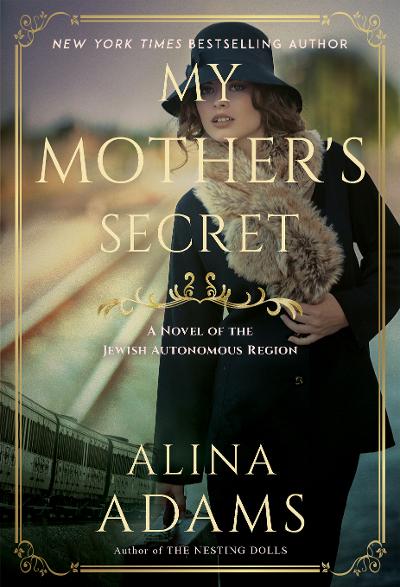
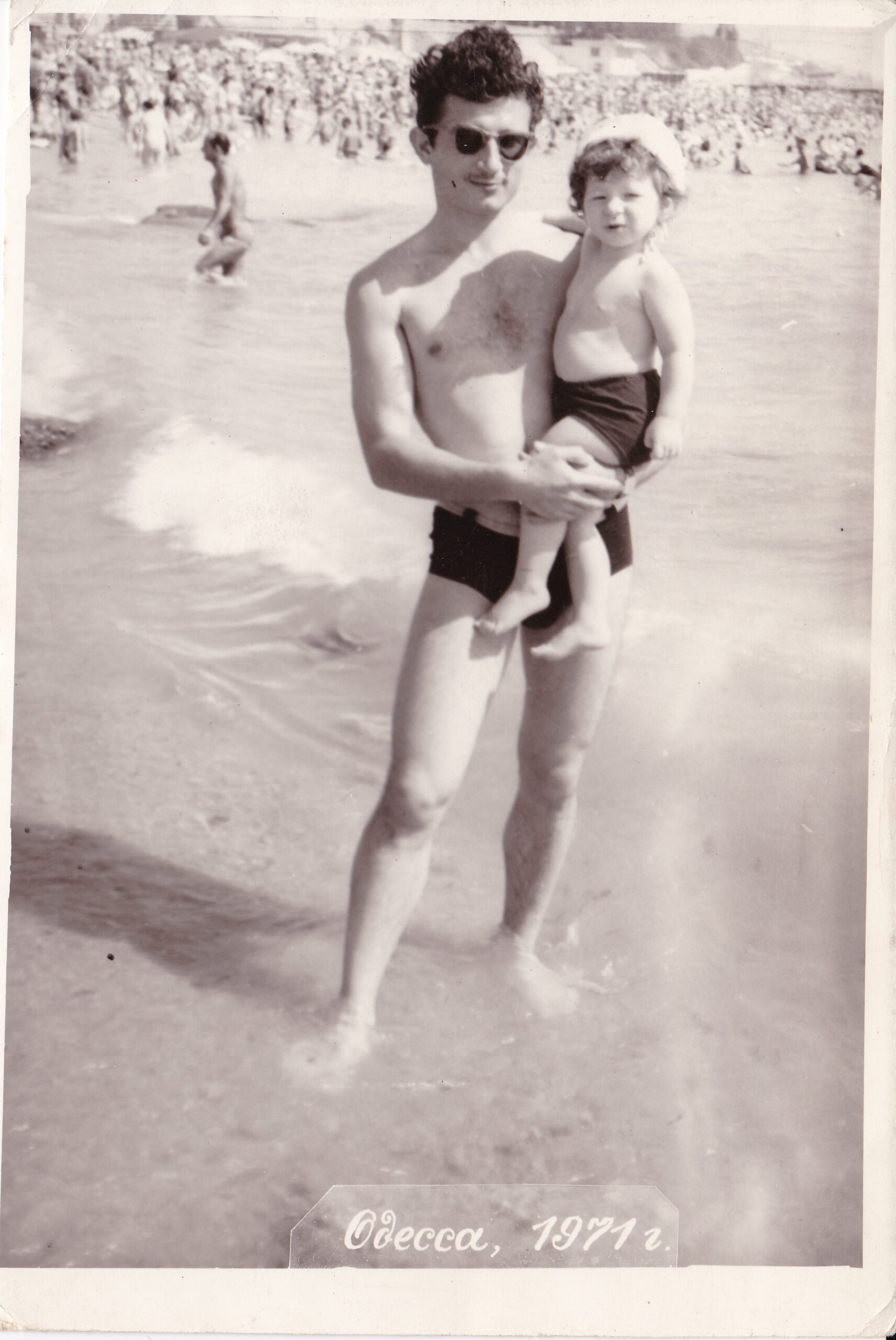
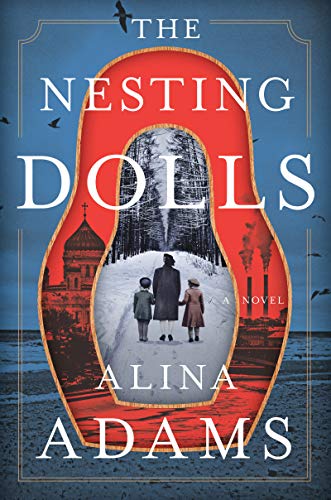
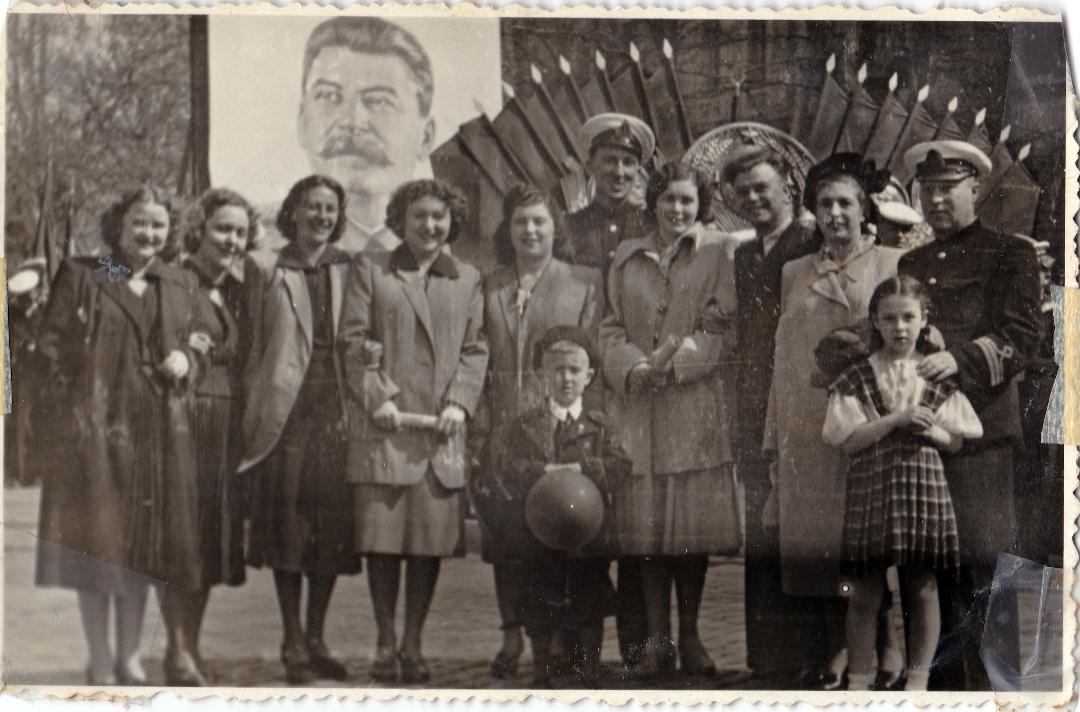
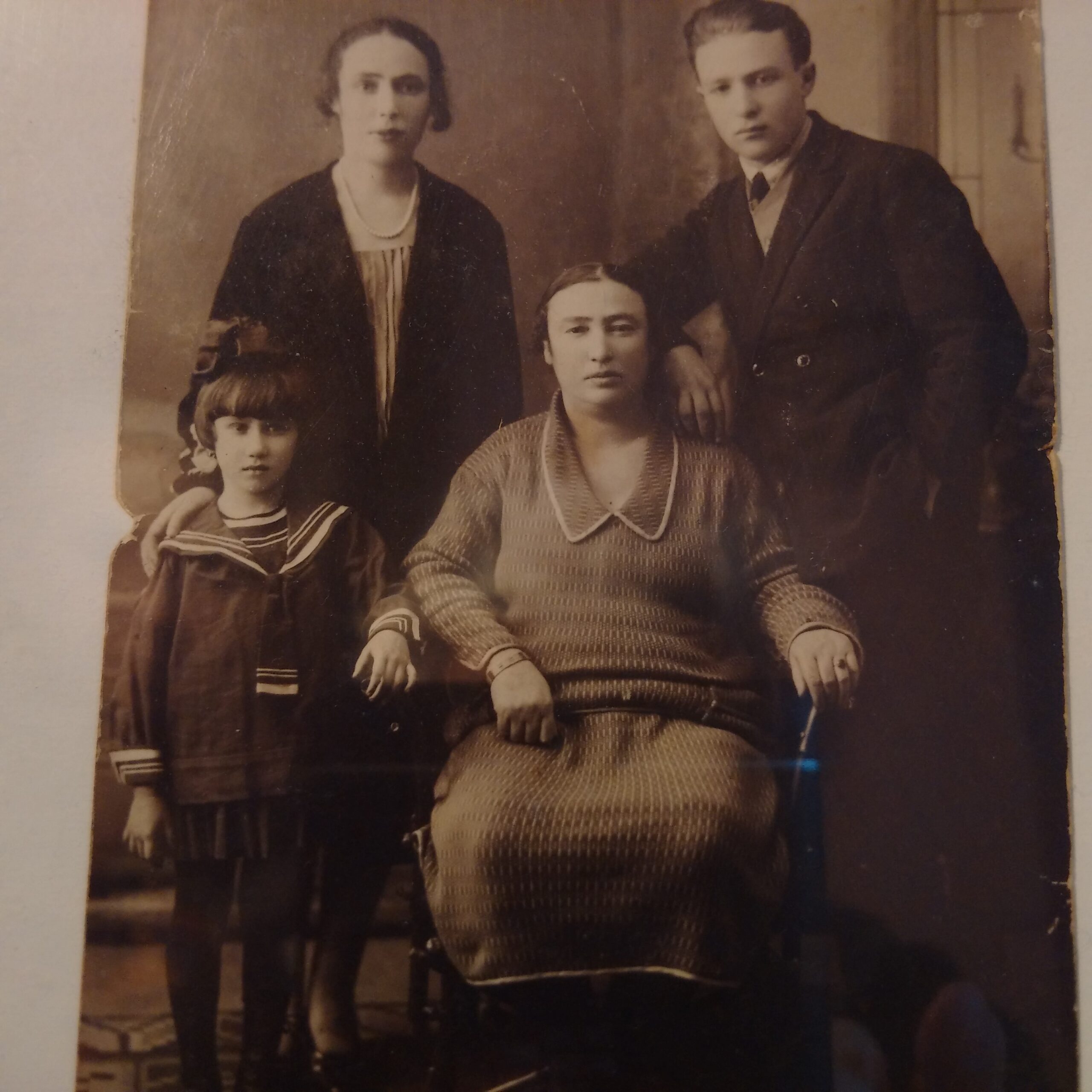
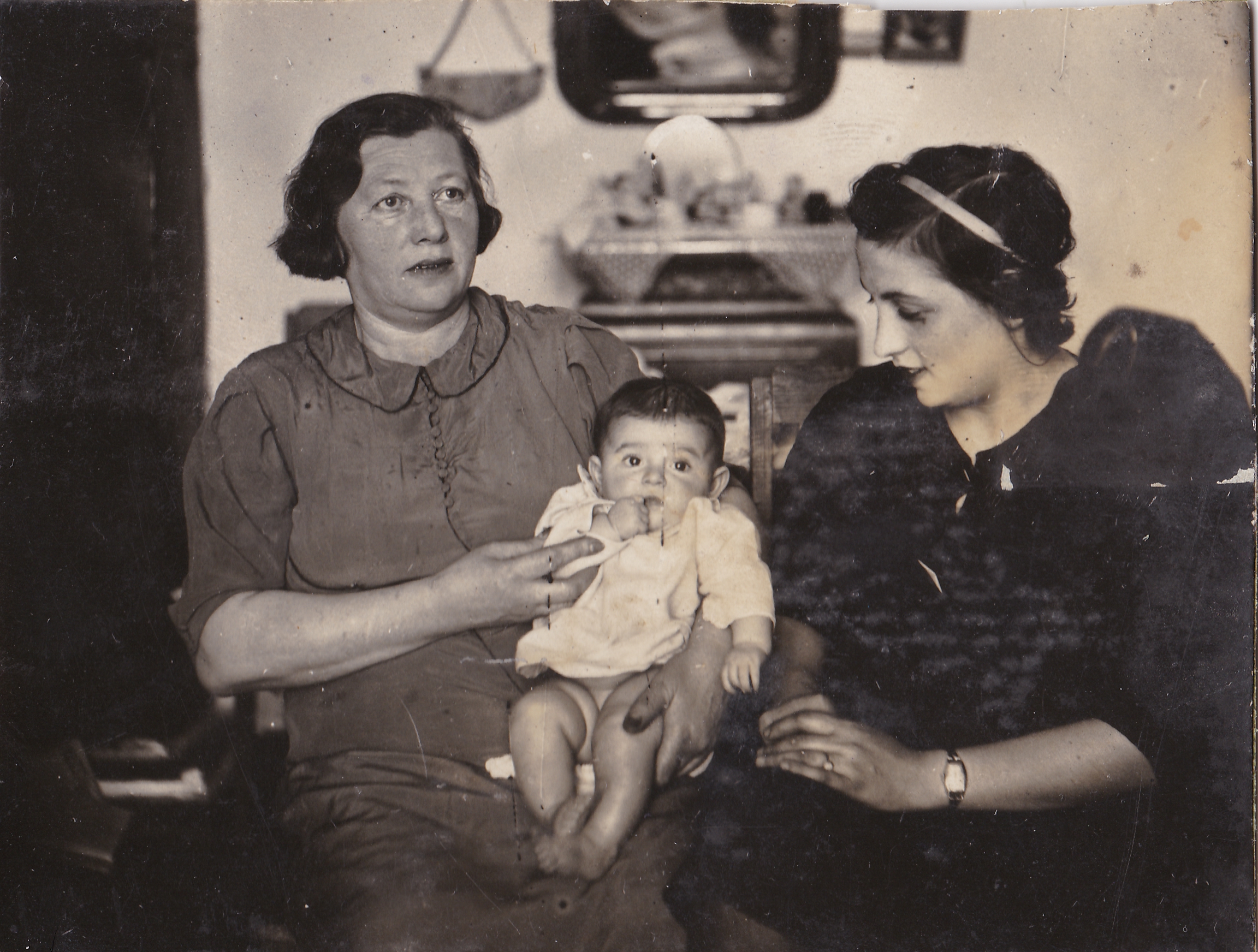
Images: Courtesy of Alina Adams
